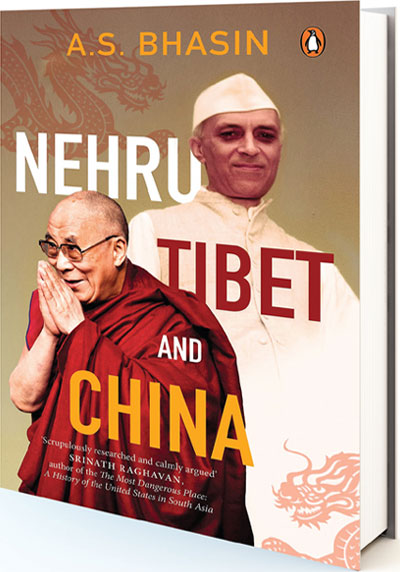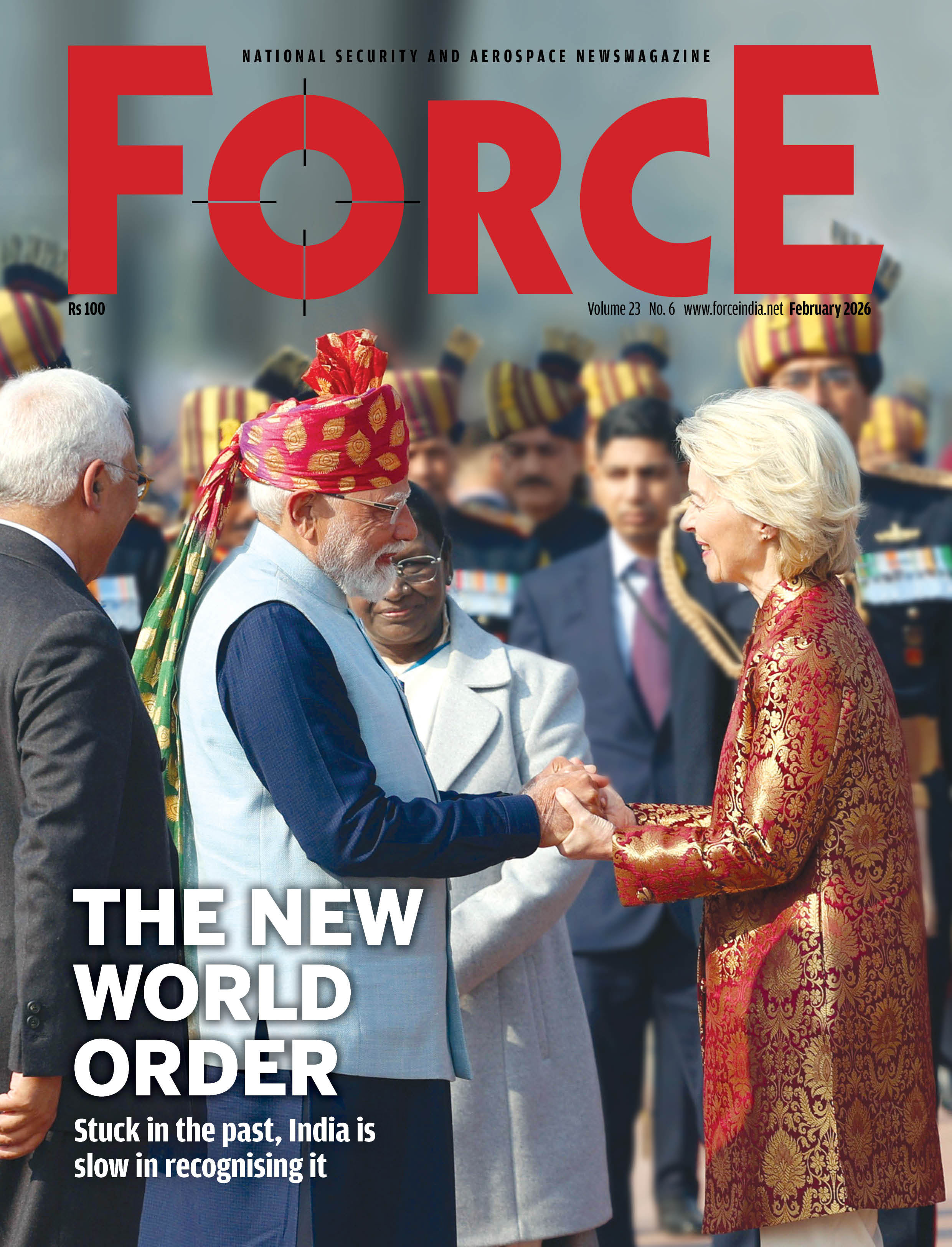A Historical Baggage
How inexperience and inflexibility stalled India-China border resolution during Nehru-Zhou summit in 1960. An extract

Zhou began with a frank statement, ‘[L]ast year we might have hurt each other and there might have been some misunderstandings between us. But let bygone be bygone.’ He said he had now come to clear the misunderstanding and find a common ground.
At the very beginning, Zhou told Nehru that he had nothing to add to what China had already said in its notes and correspondence and let it to Nehru to state the Indian position.
Western Sector
Nehru said China’s claim in the western sector was not clear when that area had come under its control. Remembering his visits to Ladakh some forty-four years ago (c.1916) for trekking and again ‘five or six year ago’ (c 1954-55), this time by air, he said that he did not find Chinese presence there and, therefore, in his opinion ‘this occupation has taken place in the last year or two and is of recent origin.’ If, however, he did not find the presence of any Chinese, it should not have been surprising. Nehru later in his budget speech in the Lok Sabha had said. ‘These territories are so high up that they are hardly inhabited, there is no communication, there are hardly any trees or any blade of grass.’
Nehru mentioned that India was greatly surprised and distressed when China laid claim to vast areas and said that the frontier was not delimited. Regarding Aksai Chin, Nehru mentioned that it was a large area, and did not span the whole area along which the road had been constructed. He said that their facts differed so much that there was confusion. He believed the place where the Chinese had built the road was a caravan road through which China used to send supplies. While China built its road in the eastern part of the area but long af
Subscribe To Force
Fuel Fearless Journalism with Your Yearly Subscription
SUBSCRIBE NOW
We don’t tell you how to do your job…
But we put the environment in which you do your job in perspective, so that when you step out you do so with the complete picture.








 VIDEO
VIDEO